As engine-operating conditions grow more severe, so do the demands placed on your motor oil. Hence the need for updated oil specifications, like ILSAC GF-6, API SP and GM* dexos1 Gen 2, Gen 3 and dexos R.*
Engine technology like turbochargers, direct injection and variable valve timing (VVT) place increased stress on your engine oil. This, in turn, has led to the introduction of stricter motor oil specifications.
Here’s what we’re going to cover:
-
- How do fuel-economy standards increase engine stress?
- What is low-speed pre-ignition (LSPI)?
-
- How does motor oil help prevent LSPI?
- Wha are ILSAC GF-6, API SP and GM dexos?
- Do AMSOIL synthetic motor oils meet the latest specs?
Improved fuel economy
Corporate Average Fuel Economy (CAFE) standards require a fleet-wide average of about 40 mpg by 2026 in the United States.
To meet these requirements the automotive industry has focused on smaller, more fuel-efficient engines. In fact, most new vehicles now feature gasoline direct-injection (GDI), a turbocharger or both (T-GDI).
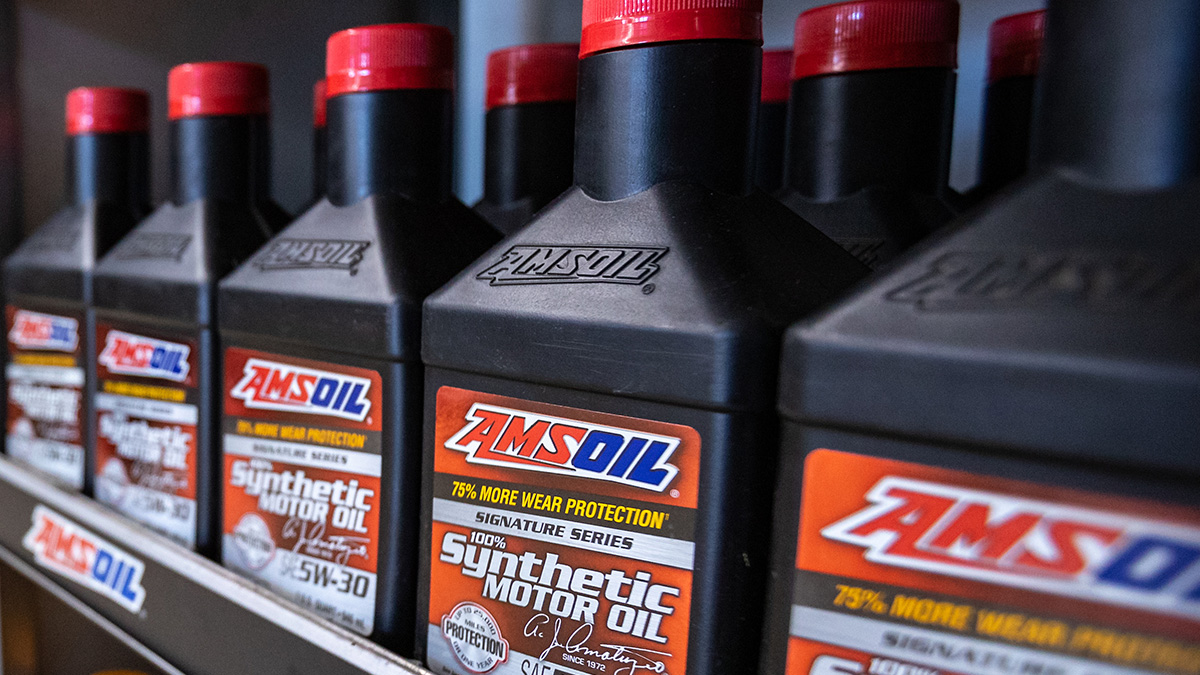

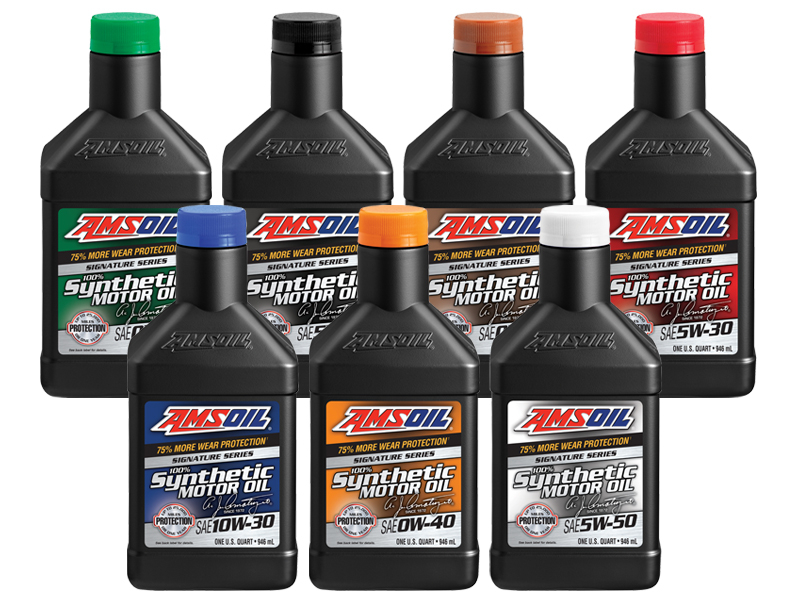


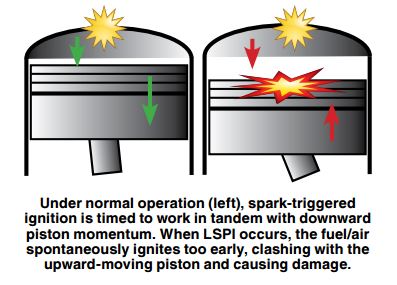
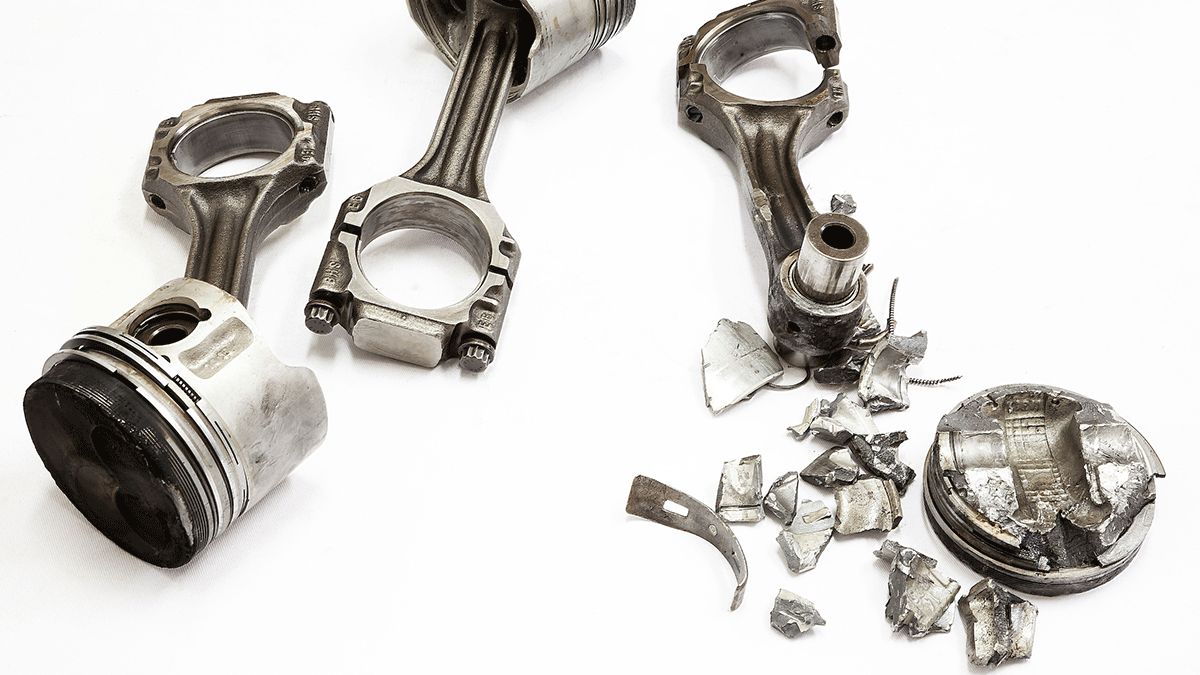
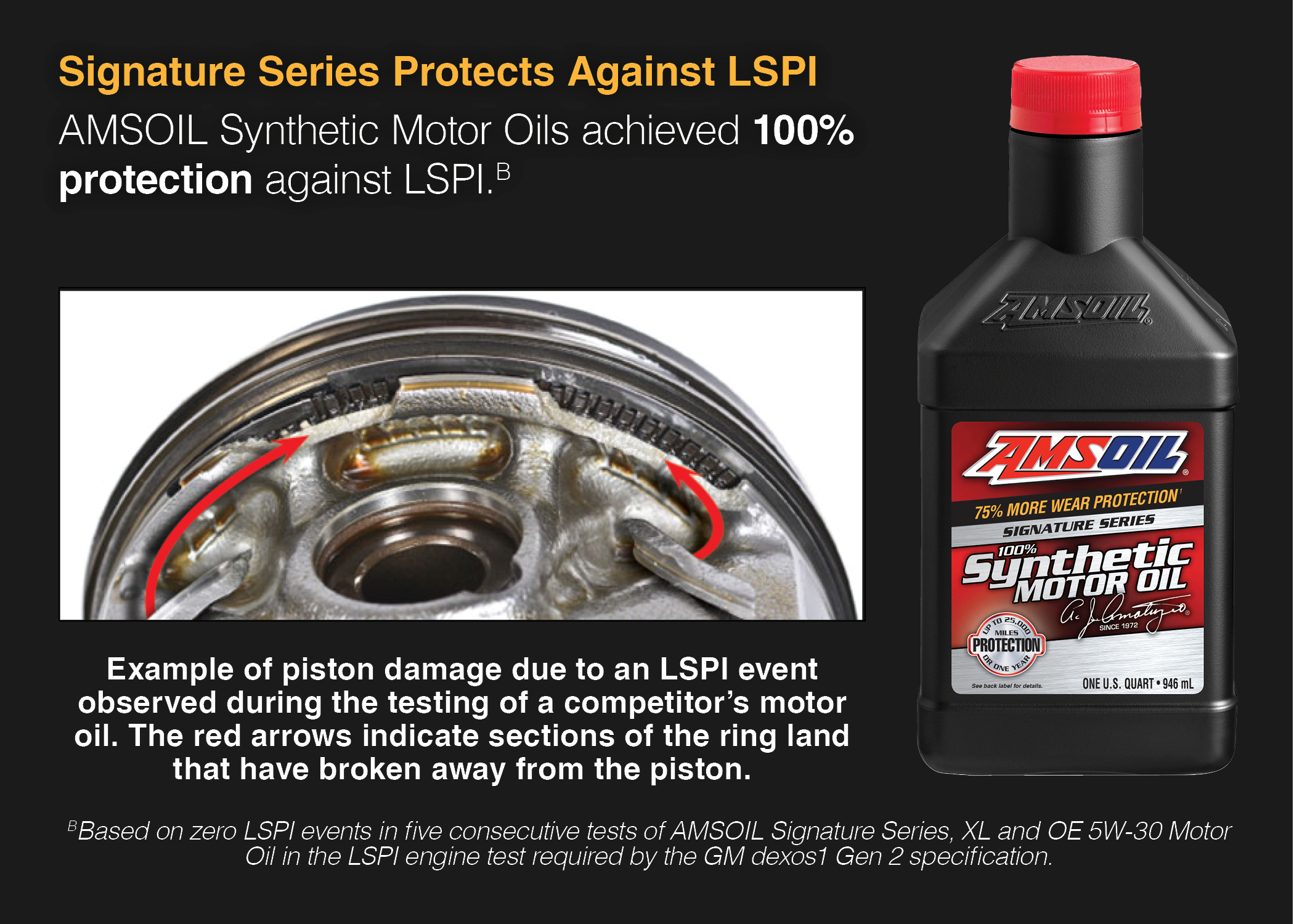

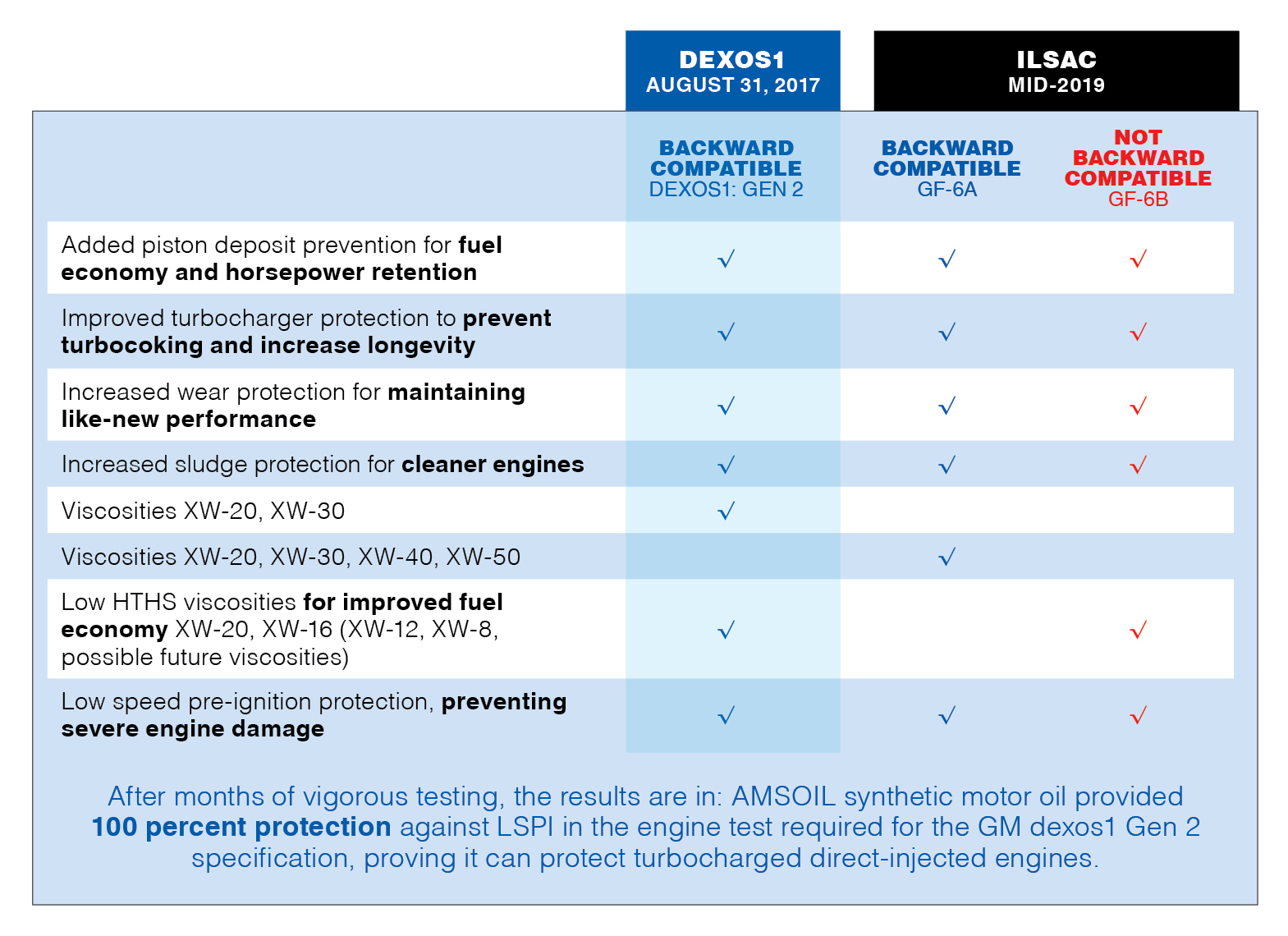
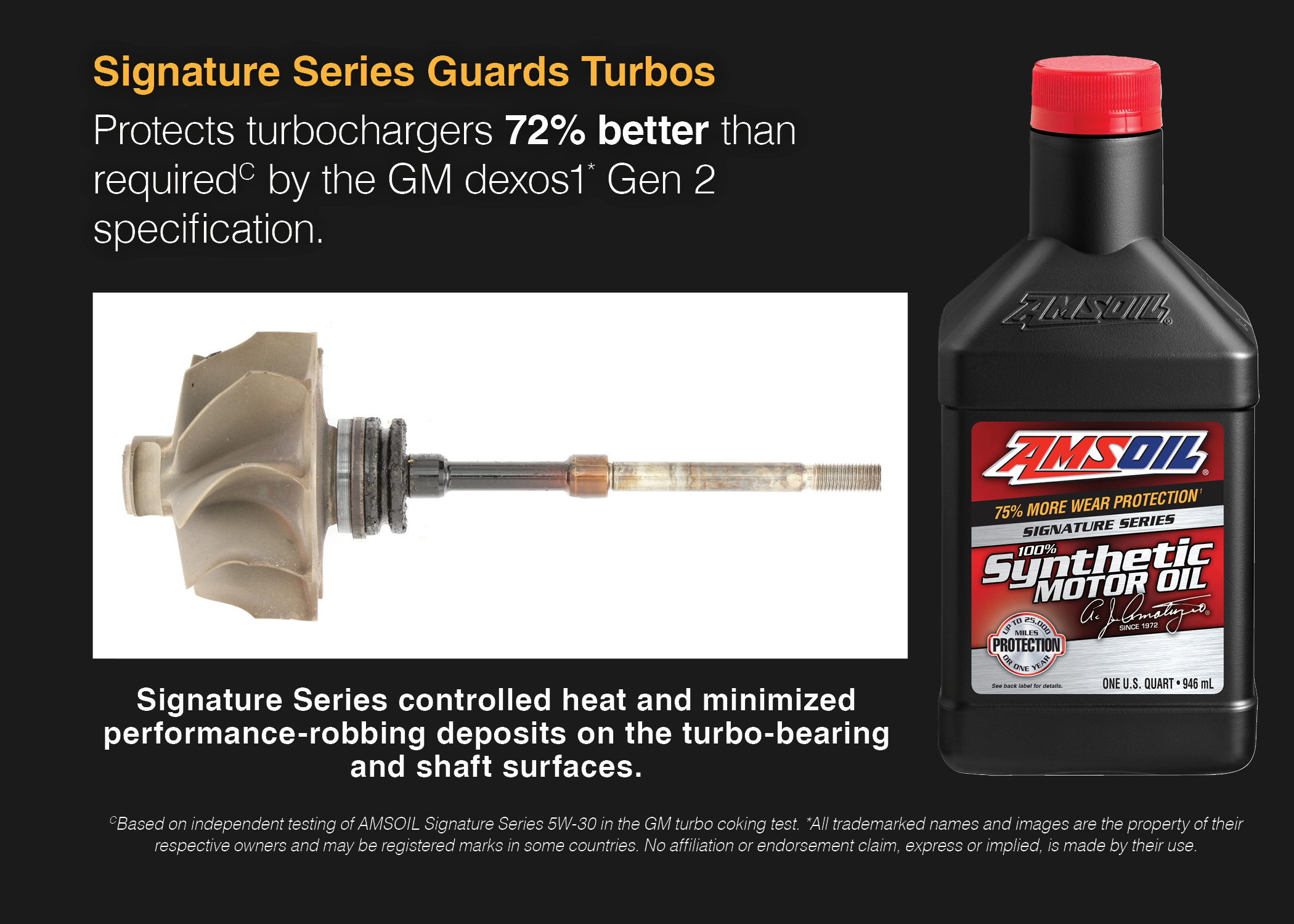

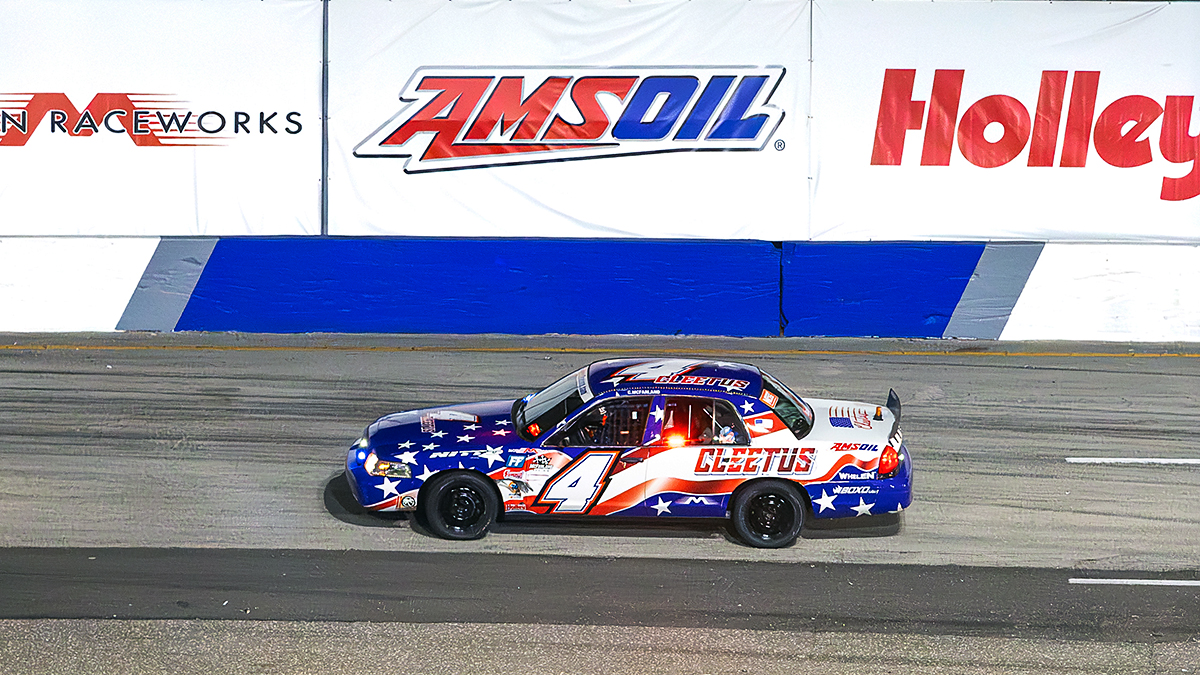

Comments
Brad Nelson is a staff writer for AMSOIL. Outside of work he enjoys family adventures, wilderness exploration and riding/wrenching on vintage metric motorcycles.
Share: